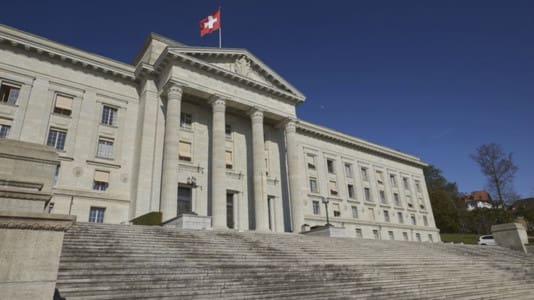Following a year of record immigration into Canada and amid reports of nearly 2 million of its citizens relying on food banks, the Canadian government has announced plans to accept refugees from Gaza.
Immigration Minister Marc Miller announced on Thursday that Justin Trudeau’s administration is preparing to fly in extended families of Canadians in war-torn Gaza on temporary three-year visas from Jan. 9.
At a news conference, he explained that those who are a “spouse, common-law partner, child regardless of age, grandchild, sibling, parent or grandparent of a Canadian citizen or permanent resident” will be eligible to come to Canada, “as well as their immediate family members”.
However, he also said the Canadian government would “remain flexible so that we can meet the needs of people we are supporting” and that the definition could be “expanded” to “allow us a greater set of people that may not be permanent residents or Canadians but for all intents and purposes represent the family of people that are close to Canadians”.
When pressed on the potential total of new arrivals, Miller replied, “We’re thinking in the hundreds, but we don’t have a precise number.”
He stated that “security is paramount” and explained there would be a “two-stage approach” to vetting applicants, including the screening conducted at the Rafah Border Crossing between Egypt and the Gaza Strip, as well as biometrics that are performed in Cairo.
However, he acknowledged that with regards to security screening, “some of it is not under our control” and said the Canadian government would “make sure that we are also being flexible when it comes to exigent circumstances”.
[pp id=70638]
The move comes at a time when Canadians are growing increasingly more concerned about the impact that Islam is having on Canadian society.
New research published this week by the Angus Reid Institute showed that the number of Canadians who believe the religion is damaging society and public life in Canada has soared from 29 percent to 43 percent in a year.
Just 13 percent say that the growing presence of Islam in Canada is beneficial to society, down from 18 percent in 2022.
Critics of the government also highlight the growing reliance of ordinary Canadians on food banks and question why, at a time of already record-high immigration, the government is preparing to welcome more refugees to the country.
Last month, analysis by Food Bank Canada through its annual Hunger Report revealed that food bank usage had reached “unthinkable levels” in the country with over 1.9 million visits to food banks in March alone.
This represents a 32 percent increase year on year and is the highest number recorded since records began in 1989.






